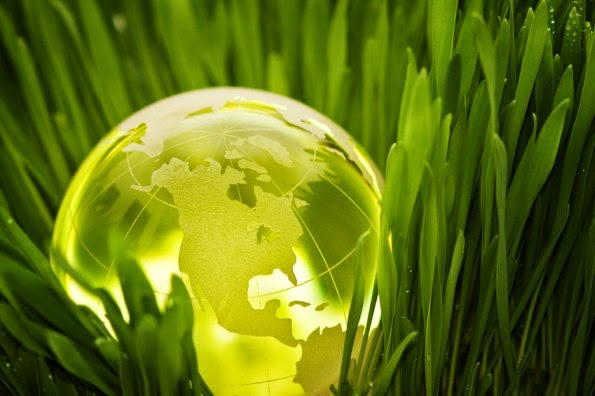
With Australia wrestling with how to secure its energy supply, we've found we can make the switch to affordable and reliable clean power" said Professor Blakers from the ANU Research School of Engineering. The answer is pumped hydro storage.

Eminent physicist Jo Hermans acknowledges that achieving sustainable transport in the post-fossil fuel era will be a huge challenge— but finds that liquid hydrogen could offer a potential solution for future air travel.

The World Bank's board of executive directors has approved $55.25 million in grants to support geothermal energy projects in Indonesia with the aim to facilitate investment in geothermal power generation.

Businesses and local governments aren’t doubting climate change, and they aren’t waiting to do something about it. Sea-Tac, USA may become the first airport to fuel all of its flights with biofuel.

Energy supplier Ecotricity has called for a big push in farm-based anaerobic digestion, which turns grass silage into cleaned-up biomethane for the gas grid.

The Netherlands will spend 150 million Euros on a program for farmers to turn cow poop into biogas using anaerobic digesters.

The wind-hydro plant will be the first of its kind, and it’s set to be fully operational by 2018.

A new method of nearly doubling the efficiency of common yeast strain to convert plant sugars into biofuel has been discovered.

Since 2011 the two companies have been committed to producing the world’s first jet fuel derived from waste industrial gases from steel mills via a fermentation process.

Renewable energy advocates celebrate another victory this week as officials launched the world’s first large-scale tidal energy farm off the coast of Scotland.

The stunning hydroelectric plant in Norway generates clean energy without ruining the view of its mountain surroundings.

A Tel Aviv University team genetically engineered algae to emit hydrogen five times more efficiently to potentially power hydrogen cars.

Costa Rica has run on 100-percent renewable energy for the past 113 days, edging closer to its goal of being completely free from fossil fuels.

Garden grass could become a source of cheap and clean renewable energy, scientists have claimed. A team of UK researchers have shown that significant amounts of hydrogen can be unlocked from fescue grass with the help of sunlight and a cheap catalyst.

A new hydropower station tucked deep below a Swiss alpine peak will eventually ramp up to generate enough electricity for one million households.